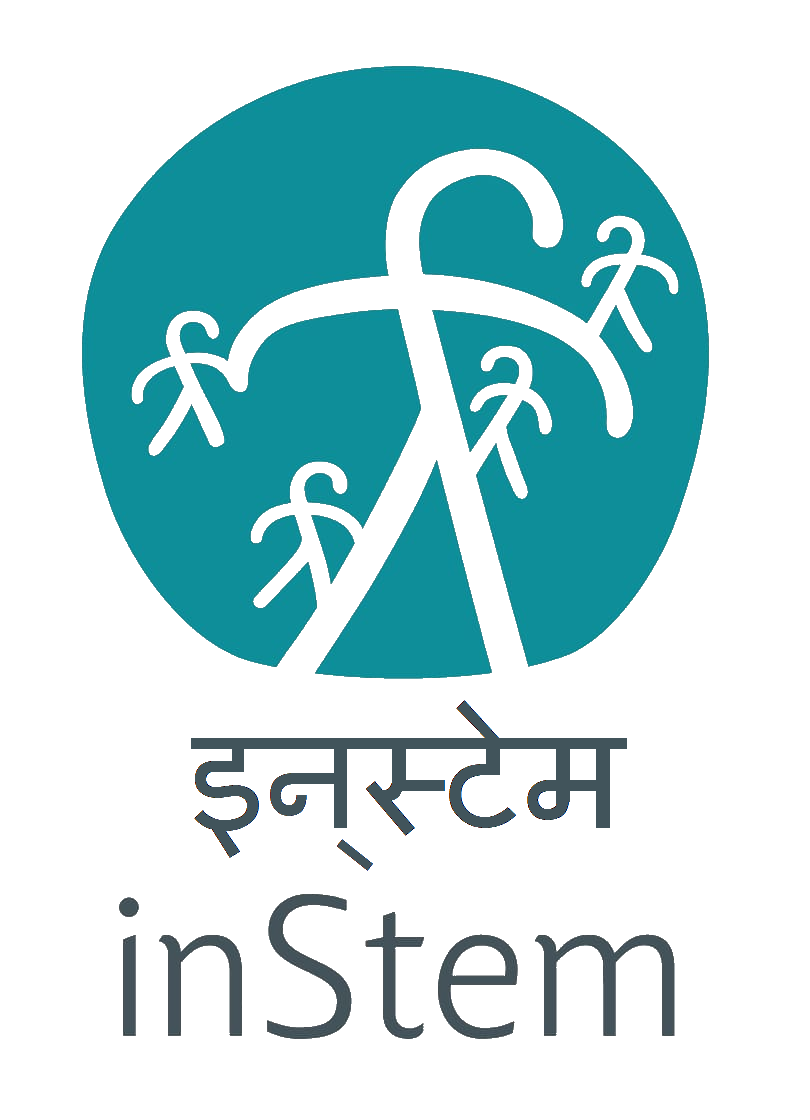Tata Institute for Genetics and Society - Centre at inStem (TIGS-CI) - Venkata Sresty Tavva
Venkata Sresty Tavva

Programme: Genome modification of rice for improved disease resistance and herbicide tolerance traits
Increased agricultural production and sustainable food security is of paramount importance for the rapidly increasing global population. The Global Hunger Index 2018 ranks India at 103 out of 119 countries. According to the FAO, about 15% of the people in India do not have enough to eat. With declining availability of cultivable land and water coupled with pest load, a rapid and sustained increase in productivity is becoming the only solution to feed the ever-increasing population. Current trends in production of agricultural food crops may not be enough to provide sustainable solutions unless innovative technologies are adopted to produce food with higher quantity and better quality. New genetic technologies such as targeted genome editing by CRISPR/Cas have the potential to quickly develop crops with desired features that are resistant to biotic and abiotic stresses and tolerant to herbicides. The accelerated new breeding technologies can not only reduce long conventional breeding timeline but also can save resources.
The major goal of our group is to deliver transgene-free improved rice varieties through genome editing.
Focus areas of Research
-
Improving disease resistance by multiplex genome editing of targeted alleles for bacterial leaf blight and blast diseases
-
Developing dual herbicide tolerance rice by editing genes that confer tolerance against glyphosate and sulfonylureas
-
Stacking of selected edits for each trait and produce transgene free multiplexed genome edited plants for disease resistance and herbicide tolerance traits
-
Develop methods to deliver DNA free ribonucleoprotein complex into rice for target trait improvement

Establishing tissue culture and transformation facilities to build the plant genome editing platform at TIGS

The plant biology team Left to right: Sunder Reddy, Sresty Tavva, Syam Sura and Chandra Girish


